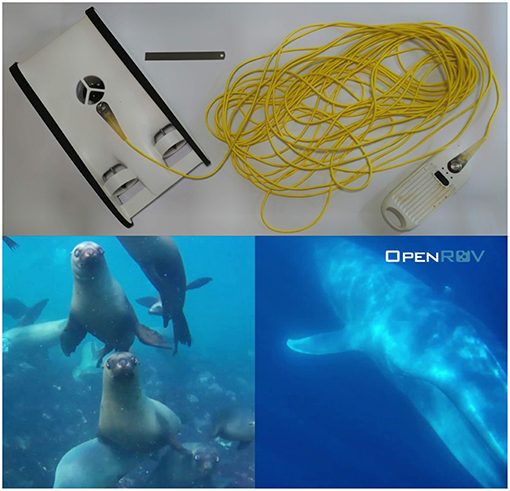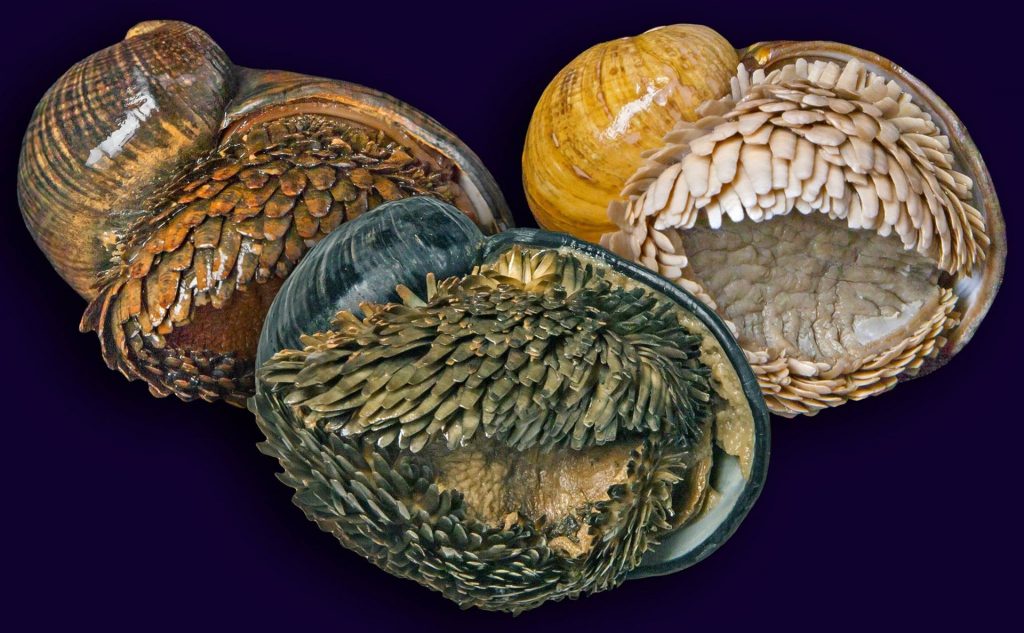This is Part 2 of Built to Last: A Reflection on Environmentally Conscientious Woodworking.
- Built to Last: A Reflection on Environmentally Conscientious Woodworking
- Part 1: I turned my woodshop into a personal solar farm.
- Part 2: Getting a handle on workworking chemicals, or sometimes we all need to vent.
- Part 3: Furniture as Revolution.
- Part 4: The best tool for the job is you
- A good joint is built to last: archaeologists uncover evidence for the earliest structural use of wood.
Walk into any woodshop and you find a shelf full of chemicals. Solvents, paints, varnishes, lacquers, oils, glues, and a host of other exotic and not so exotic solutions are a staple of the craft. These compounds are used to join, clean, prepare, and finish most woodworking projects, as well as maintain your tools. Do any amount of woodworking, and you’ll almost certainly accumulate a shelf of assorted, half-used, chemicals of your own.
What’s almost certainly not present in most woodshops, especially hobbyist woodshops, are the Material Safety Data Sheets (MSDSs) for these chemicals. MSDSs tell you everything you could possibly want to know about the hazards associated with commercial chemical compounds. For many common woodworking products, the MSDSs are pretty intense.
I’ll be completely honest here. I have never had MSDSs in my workshop. It was only while doing the background research for this article that I realized I needed to pay more attention to the assorted chemicals involved in the craft, and started compiling all the potential hazards. I suspect that the vast majority of hobbyist woodworkers are the same.
Woodworking chemicals contain irritants, release volatile organic compounds (VOCs), are cut with heavy metals, and are often just plastic. They can be bad for your skin, bad for your lungs, and bad for your brain. When produced, disposed of, accidentally discharged, or as they break down through regular wear, they can release harmful compounds into the environment. If not disposed of correctly, some of these products will spontaneously burst into flames.
Read More “Getting a handle on workworking chemicals, or sometimes we all need to vent.” »










